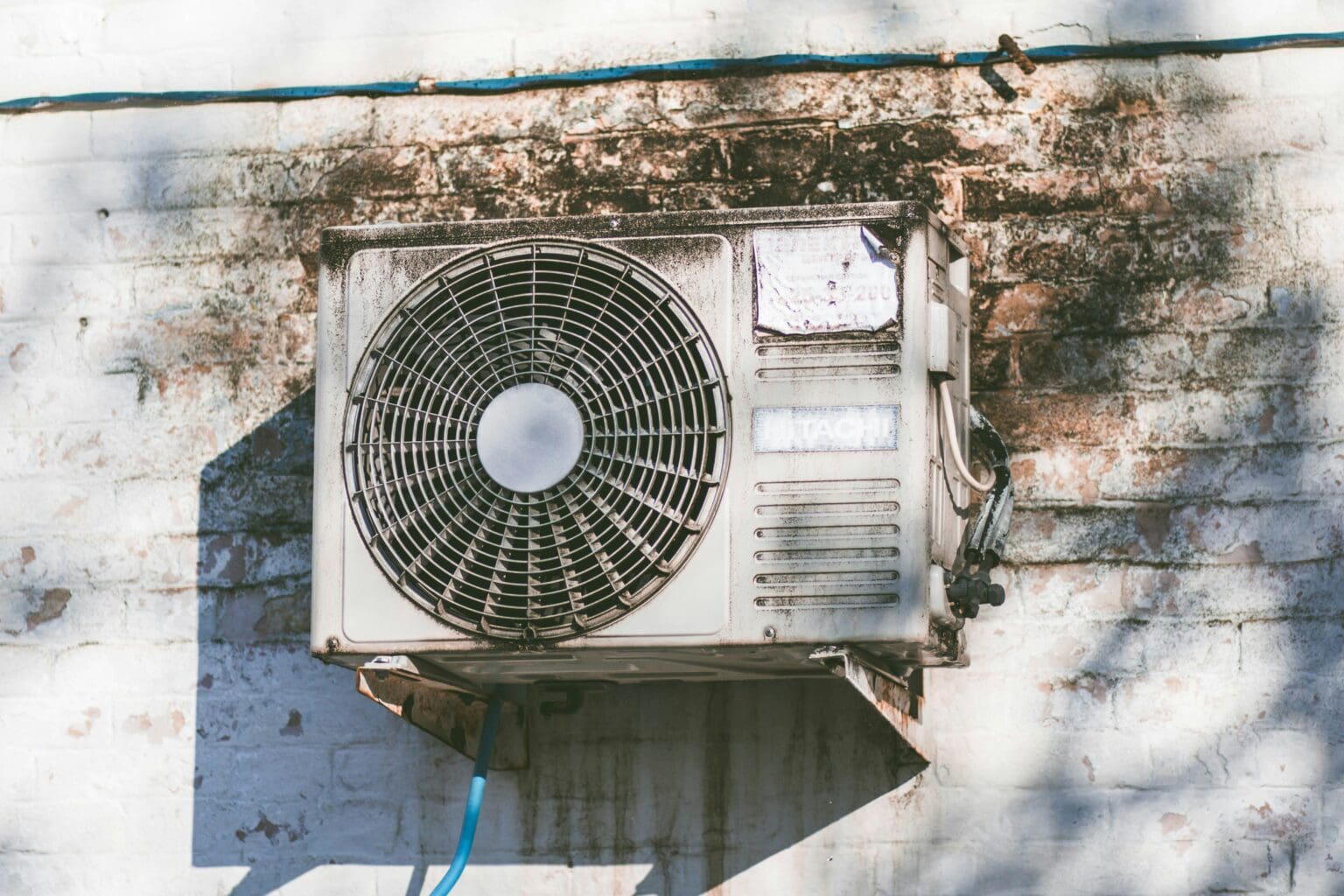
3 AC Myths That Could Be Costing You Money
People get all kinds of ideas about air conditioning that simply aren’t true. The AC myths that a lot of people believe can cost a lot of money in the long run. If you have fallen for any of these misguided notions about air conditioning, you may see huge utility bills every month and just assume that it’s normal. It isn’t, and you should know how to avoid these myths to quit losing money.
Set Your Thermostat for the Lowest Temperature Possible
This is, by far, the biggest myth out there. It doesn’t matter if its 105 degrees out there in the shade. You should never set your thermostat for the lowest possible temperature to get your AC to work overtime. What’s going to happen is that the AC will end up running nonstop to get down to fifty or sixty degrees, and then continue to run constantly in an effort to keep the household temperature that low. Just as a furnace that is running nonstop causes a spike in your heating bill, a central air conditioning system running nonstop causes a spike in your bills too.
Instead, set your thermostat to about 69-71 degrees, or as warm as you can tolerate your house during hot days. This will save you money. If you can, don’t run the AC when you’re not home, or run it at a higher temperature (e.g., 80 degrees).
Get Your House Really Cold at Night and Turn Off the AC During the Day
Another myth is that if you get your house really cold at night, you can turn off the AC during the day and it will be fine until you come back home. The problem with this is that the AC will run constantly all night, again creating that huge drain on energy. When you shut off the AC during the day, the house heats up again and your AC is forced to run even harder during the night again. Just set it to one temperature and run it the same most of the time.
An Air Conditioner Doesn’t Need to Be Maintained
Yes, an air conditioner does need to be maintained. It needs to be cleaned, have the filters checked, and top off the refrigerant if needed. An HVAC technician takes this time to check for potential future repairs and lets you know what will need replacing soon.
Tags: AC, air conditioning, cost, money, myths
